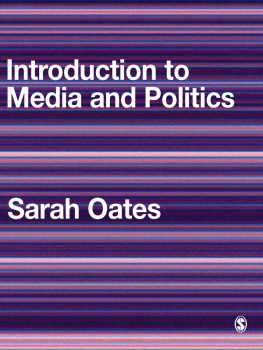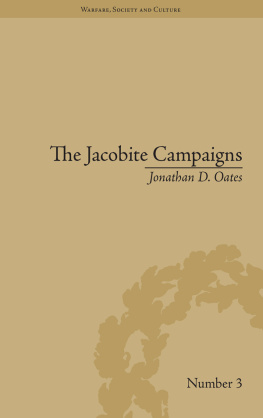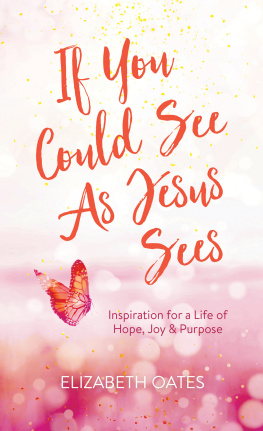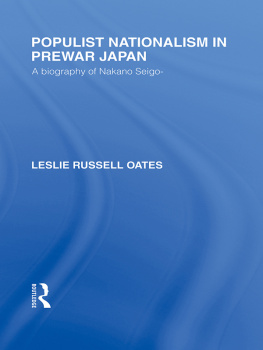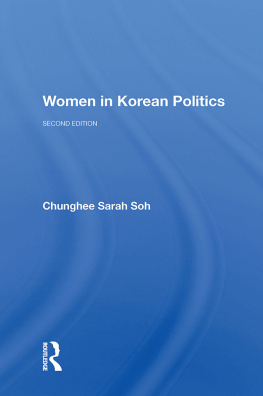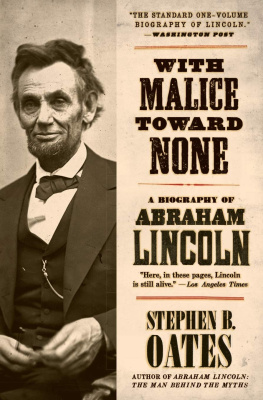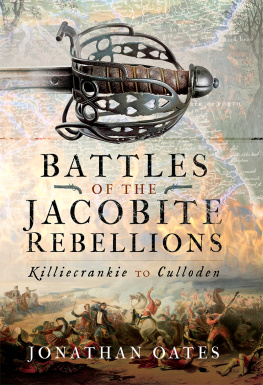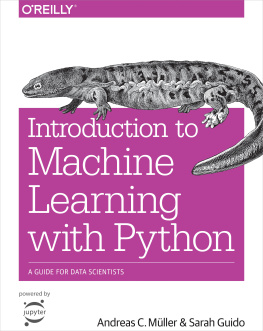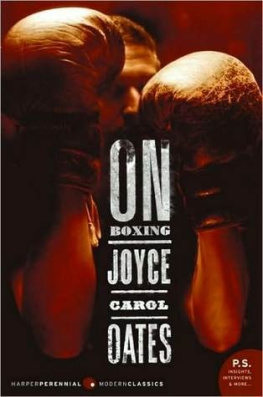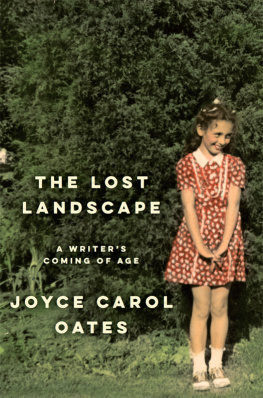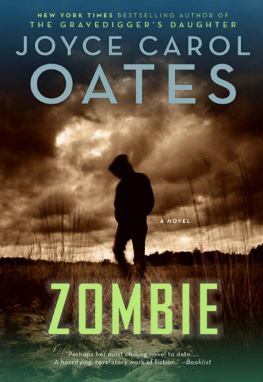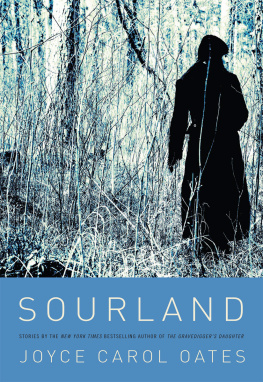Sarah Oates
First published 2008
Apart from any fair dealing for the purposes of research or private study, or criticism or review, as permitted under the Copyright, Designs and Patents Act, 1988, this publication may be reproduced, stored or transmitted in any form, or by any means, only with the prior permission in writing of the publishers, or in the case of reprographic reproduction, in accordance with the terms of licences issued by the Copyright Licensing Agency. Enquiries concerning reproduction outside those terms should be sent to the publishers.
SAGE Publications Ltd
1 Olivers Yard
55 City Road
London EC1Y 1SP
SAGE Publications Inc.
2455 Teller Road
Thousand Oaks, California 91320
SAGE Publications India Pvt Ltd
B 1/I 1 Mohan Cooperative Industrial Area
Mathura Road
New Delhi 110 044
SAGE Publications Asia-Pacific Pte Ltd
33 Pekin Street #02-01
Far East Square
Singapore 048763
British Library Cataloguing in Publication data
A catalogue record for this book is available from the British Library
ISBN 978-1-4129-0261-8
ISBN 978-1-4129-0262-5
Library of Congress Control Number: 2007930355
Typeset by C&M Digitals (P) Ltd., Chennai, India
Printed in Great Britain by The Cromwell Press, Trowbridge, Wiltshire
Printed on paper from sustainable resources
Preface
Whenever I prepare a lecture on media and politics, I agonize over how much I feel I have left out. When I teach the students, I can see them agonizing over how much I have put in. This book represents an attempt to get that balance right to inform and elucidate without alienating the reader with too much analysis at once. As a result, this book offers what I hope is enough analysis to provide the questions and sufficient information in the three case studies of the U.S., the U.K., and Russia for people to start to answer critical questions on media and politics in their own way.
It is not until you are an American teaching the politics of the Russian media to a roomful of British students that you realize how much we are all bounded by our own understanding of what is good media practice. We rather blindly accept things in our own countries naked women on page 3 of the Sun newspaper in Britain, mindless local news announcers on local U.S. television, boldfaced bias on the Russian news that just wouldnt fly in another place. This is what has fascinated and intrigued me perhaps most of all bits of the media that I find abhorrent, other people find not only acceptable, but even praiseworthy. I am assured by my students that paying an annual license fee for television is an important part of democracy, although I find it strange that I have to pay both my cable bill and the BBC license. Back in the U.S. and bombarded by advertising, Americans assure me that commercial television is the only option (never having peacefully enjoyed a commercial-free film on the BBC). In Russia, the notion of objectivity is laughable and, anyway, news is politics and youre fooling yourself if you think differently. All of these people have a point, none of them is wrong, and none of them is necessarily right. But what does it all mean?
One of the central points to this book is that it is really hard to reach an understanding of the value of what your media offer until you get a good look at what others have in different places. That is why the book uses the U.S., the U.K., and Russia to contrast and compare media systems in ways to get people thinking about the generally unseen relationship between democracy and free media. In the U.S., there is grave concern that we are so hooked on entertainment that citizens refuse to pay attention to serious issues which means that news programs now refuse to cover them. In Britain, the growth of commercial television as well as the visible power struggle between the government and the BBC raise some real questions about the future of public service news values. Scandals, wars, terrorism coverage, mud-slinging election campaigns, and the rise of an online world that seems to change overnight, all appear to contribute to an atomized media that parallels a fragmented society. But when these problems are contrasted with those of the Russian media sphere, the dilemmas of American and British news values seem quite trivial in comparison. Once media freedom falls below a critical point as it has done in Russia there is little to stop one political faction from seizing and maintaining power indefinitely. The media wield great political power. It is often just very hard to see that until it disappears and the citizens no longer have a voice even a distant, distorted, unequal voice.
I stumbled upon a way to spend my life comparing the media and politics of all three countries. Fresh out of college in the U.S. in the 1980s, I suffered from the delusion that I wanted to be a journalist. I was lucky, for I had experience as a stringer for The New York Times and as editor-in-chief of The Yale Daily News. I was an intern at The Washington Post, The Wall Street Journal, The Miami Herald, and Los Angeles Times Washington bureau before landing a full-time job at the Orlando Sentinel in Florida for six years. If you had told me during those years that I was engaged in grounded fieldwork for my academic career, I would have laughed. Most days I was just trying to make deadlines, avoid getting a really boring assignment from my editor, and trying to get time for lunch (or dinner as well if I was stuck at my desk). There is no question, however, that my experience as a reporter and editor has informed my research in media and politics. In particular, I felt that journalists in and of themselves had little power. As a result, I wanted to study the entire machinery of media and politics.
I quit journalism in 1992 to get a PhD from Emory University in political science, writing a dissertation about the burgeoning Russian political parties, election campaigns, and how they were covered on television. Fieldwork took me to Russia in 1995, where I watched parties try and mostly fail to market their messages to the voters via television. I started my first research job at the University of Glasgow in 1996, working with scholars to further understanding of the Russian political system. Meanwhile, I was fascinated by the differences in British television and news culture. Did people really talk that way? For my first undergraduate seminar at the University of Glasgow, I thought I would try out an idea of teaching about media and politics in comparative perspective, surmising that a class on Russian political parties probably would not attract the minimum numbers. I expected 20 students to enrole; 72 showed up and my first media and politics class was under way with standing room only.
Since then, I have taught at least one class in media and politics every year. In 2006, the Department of Politics at the University of Glasgow launched a post-graduate program in political communication, which I founded and now co-direct. Every year, my students continue to challenge and amaze me. Their comments, essays, and exam answers prove to me that the analysis of media and politics provides one of the most interesting interpretations of political life. There have been many times in class when my students have made the intuitive leap. Are terrorists politicians or criminals? Why is war coverage almost always shown from the point of view of the soldier, and not from the point of view of the citizen? How can a system call itself democratic if only rich people can afford political advertising? Last year I asked a question on the exam about whether terrorism can be considered armed propaganda, which I thought would have students reflecting on Northern Irish leader Gerry Adams comments about terrorism. Instead, most students interpreted this as a way to theorize about how governments not terrorist groups use their military might to impose their political views on other cultures. Once again, they were way ahead of me.


